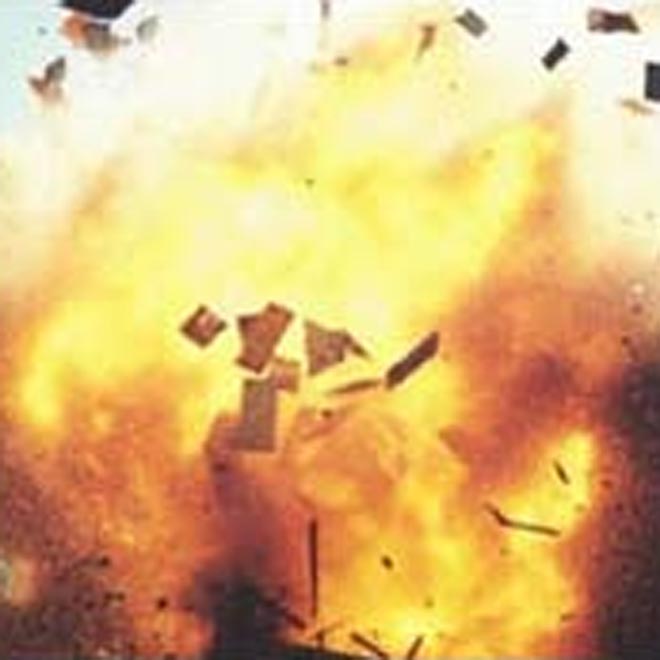Demonstrators held rallies across Pakistan Saturday to protest the suicide bombings that killed 42 people and injured 174 at a Sufi shrine two days earlier, DPA reported.
Most businesses remained closed in the eastern city of Lahore, where two bombers detonated their explosives at the tomb of revered 11th-century saint Abul Hassan Ali Hajvery, commonly known as Data Ganj Baksh, on Thursday.
Angry crowds blocked roads with burning tyres and scuffled with police in Lahore, Pakistan's cultural capital, forcing shops to close down. Four protesters were arrested, media reports said.
The partial strike was also observed in the financial capital of Karachi and some other cities at the call of Sunni Itehad Council, an umbrella organization of over 20 Islamic religious parties. Several trade groups and political parties also supported them.
Demonstrators chanted slogans against the government and demanded justice against those behind the "atrocious acts of terrorism."
The attack at the most important site of Sufi Islam raised public outcry in Pakistan, which has seen several dozen militant attacks since 2007.
No group claimed responsibility for the attack, and the Taliban denied involvement.
Authorities said they had detained some 30 suspects in a swoop across Punjab, the province of which Lahore is the capital.
A provincial government spokesman told Dawn newspaper that the suspects included would-be suicide bombers and their handlers.
"They are key members of a number of gangs involved in major incidents of terrorism in the province," said the spokesman, adding that guns and ammunition were also recovered from the suspects.
Demonstrations in Pakistan against Sufi shrine attack
Demonstrators held rallies across Pakistan Saturday to protest the suicide bombings that killed 42 people and injured 174 at a Sufi shrine two days earlier.






